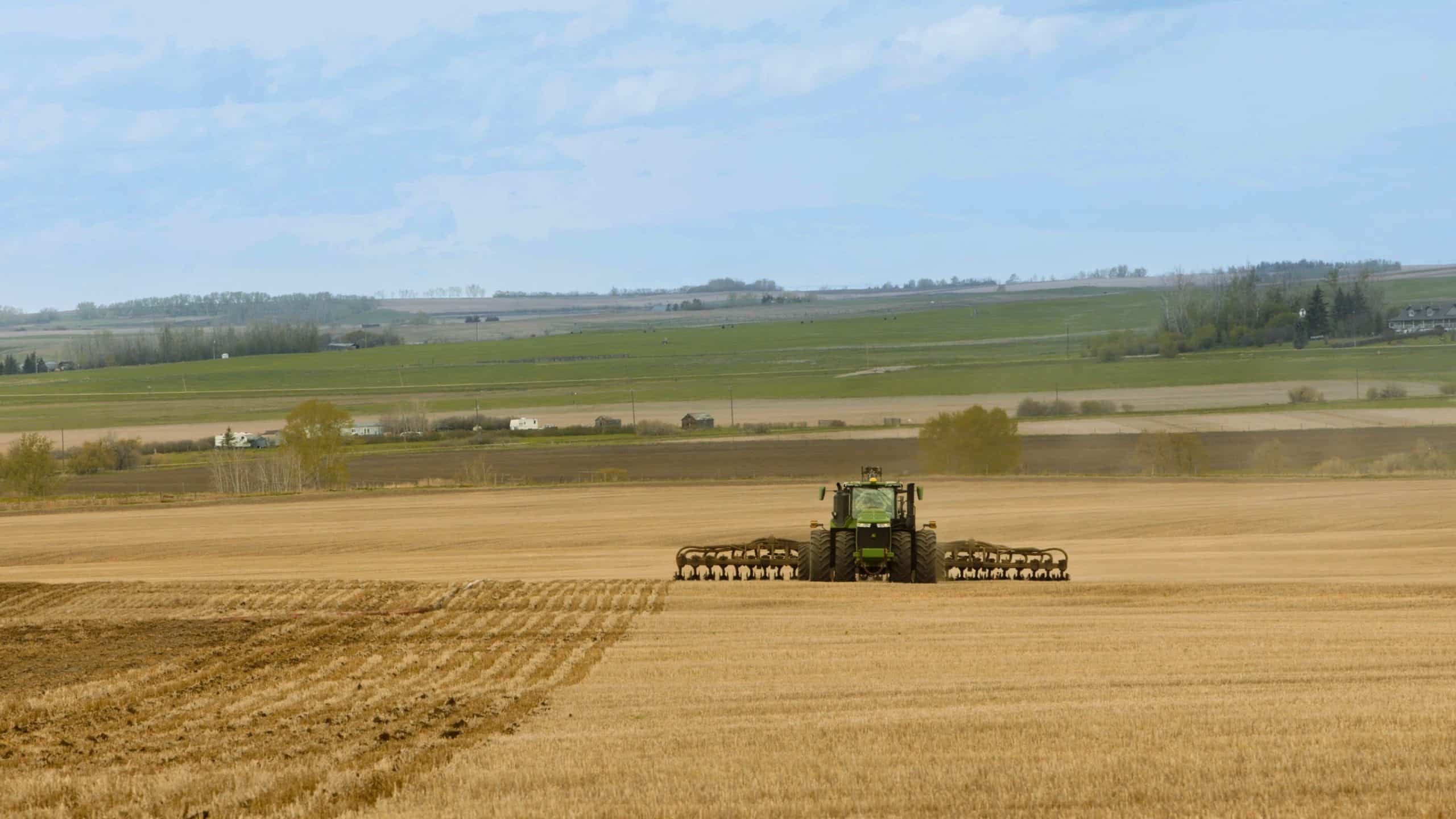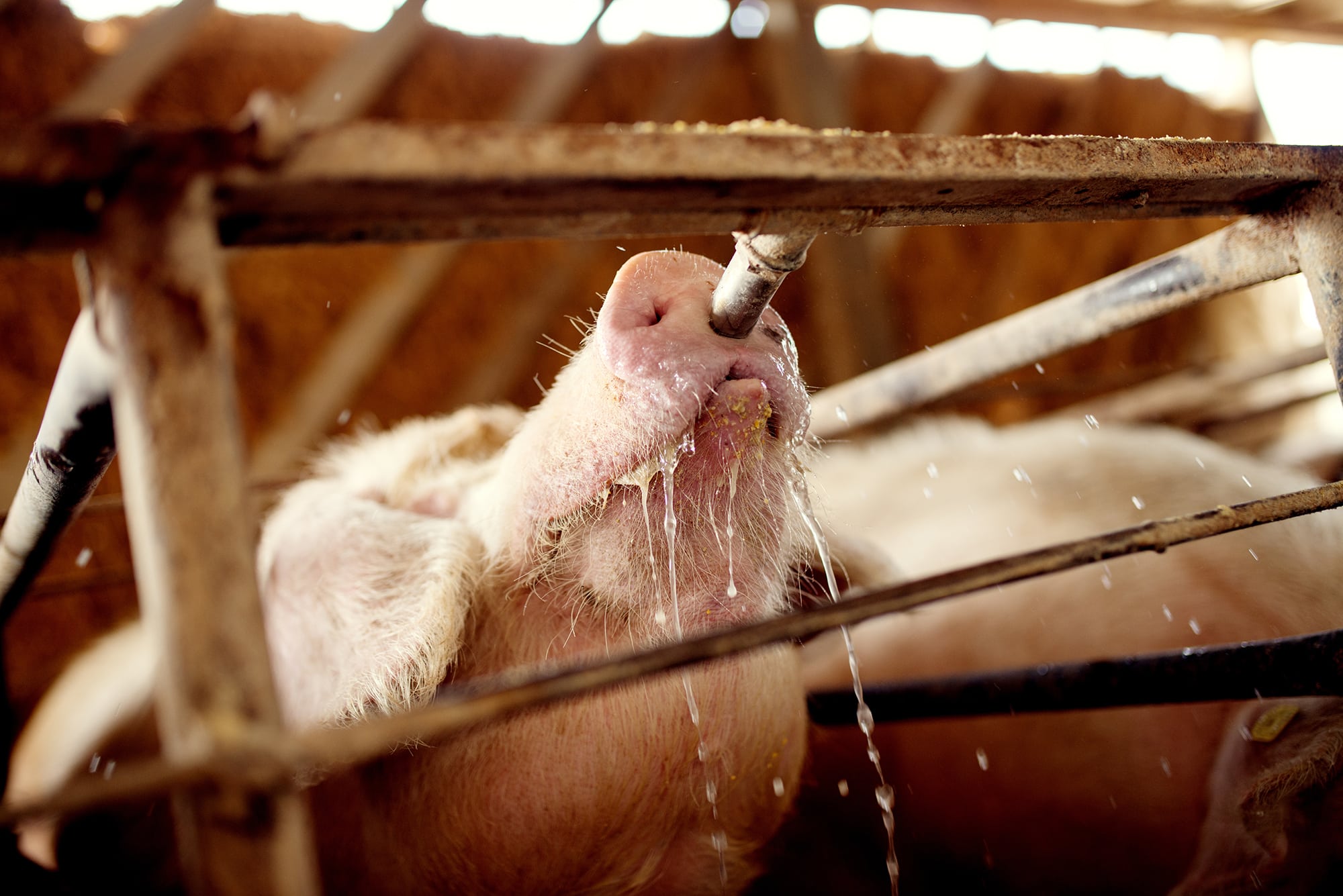Sustainability
Alberta pork producers take pride in raising hogs responsibly and protecting the environment that supports their farms. Sustainability isn’t just a goal — it’s part of how producers manage daily operations to keep their farms productive and resilient for the long term.
Manure Management
Manure is one of the most valuable resources on a hog farm. It’s a natural fertilizer rich in nutrients that can improve soil health and reduce the need for commercial fertilizers. Alberta producers use nutrient management plans, soil testing, and precision application tools to make sure manure is applied at the right time and rate for each field. Injection or incorporation methods help place nutrients where crops can use them best, while minimizing odour and runoff. Good record-keeping and environmental stewardship go hand in hand with maintaining compliance and building trust with neighbours and regulators.


Water Efficiency
Efficient water use is another key part of sustainable production. Modern barns use nipple drinkers, flow regulators, and leak detection systems to reduce waste and ensure pigs always have access to clean, fresh water. Many producers track water usage to identify savings and monitor animal health. Outside the barn, runoff control and manure storage systems help protect local water sources. Every litre saved adds up — conserving water benefits both the environment and farm operations.
Energy Management
Energy efficiency not only cuts costs but also reduces environmental impact. Producers are investing in upgrades for Smart Technologies, LED lighting, high-efficiency motors, and vari-drives to improve barn performance. High Efficiency Boilers, Combined Heat and Power (CHP) Units, and insulation improvements are also being adopted on many farms. These changes help reduce greenhouse gas emissions and contribute to a more sustainable, cost-effective operation.

